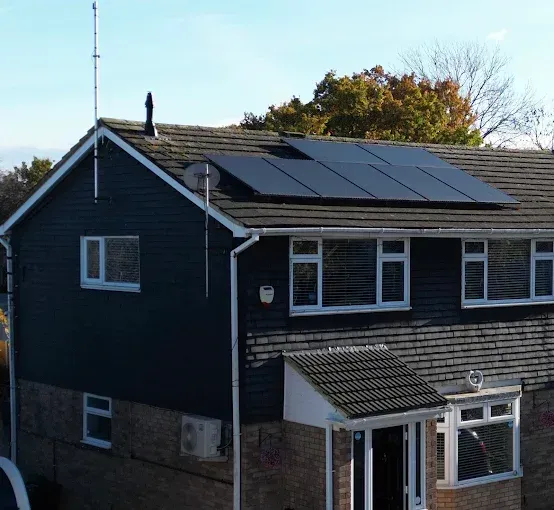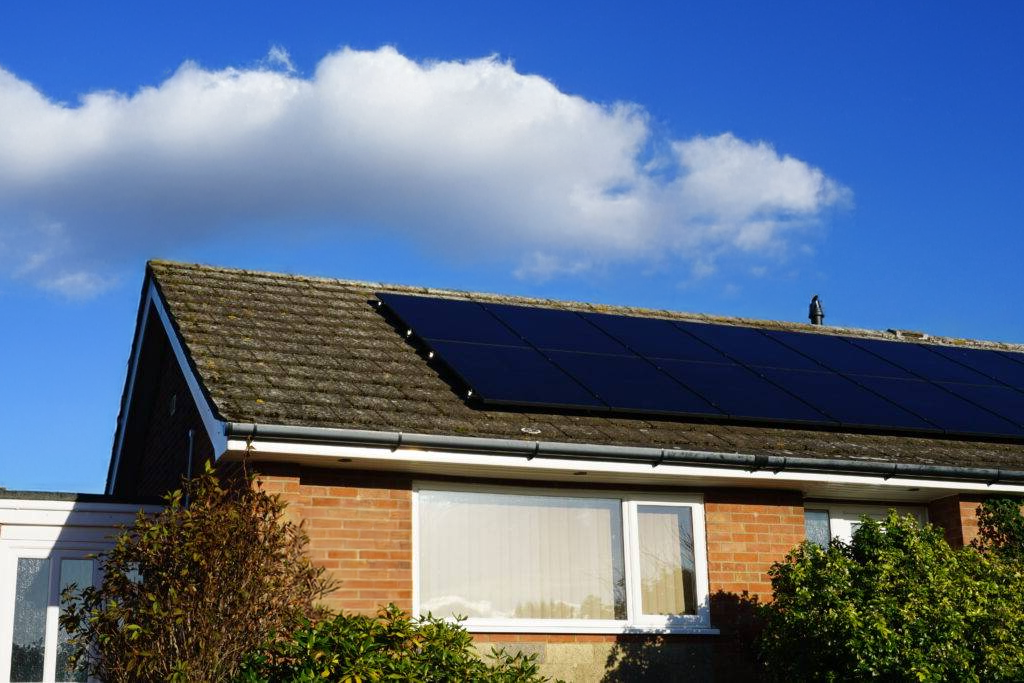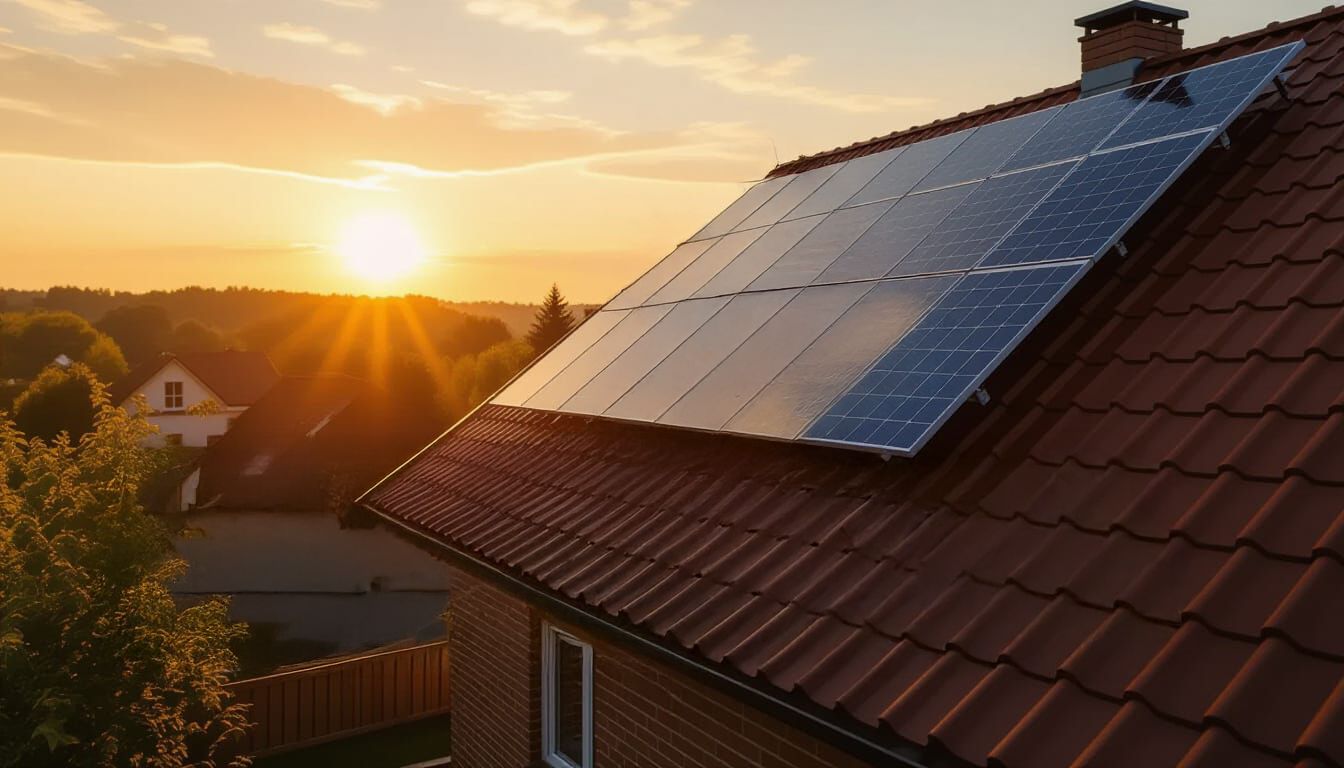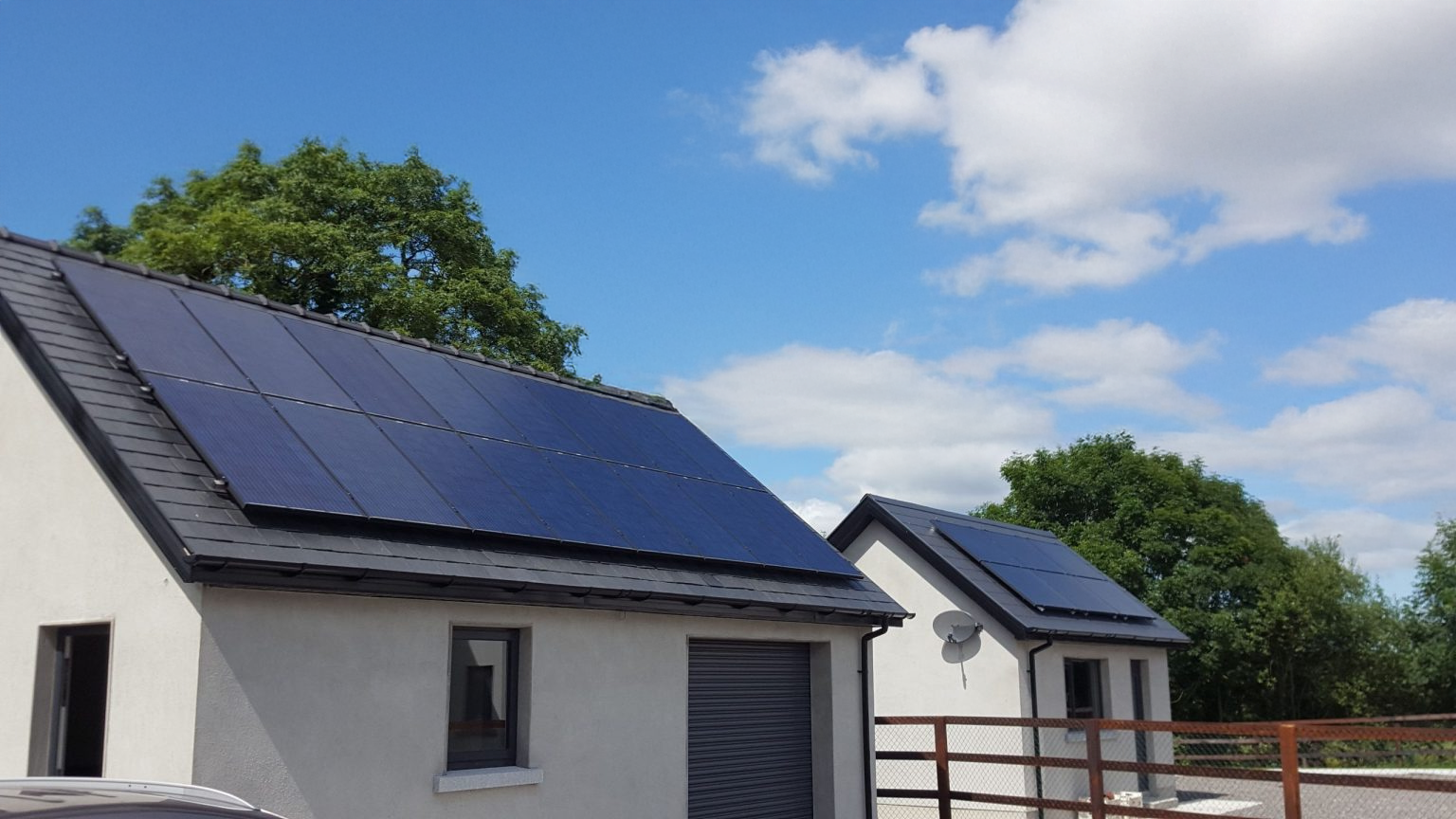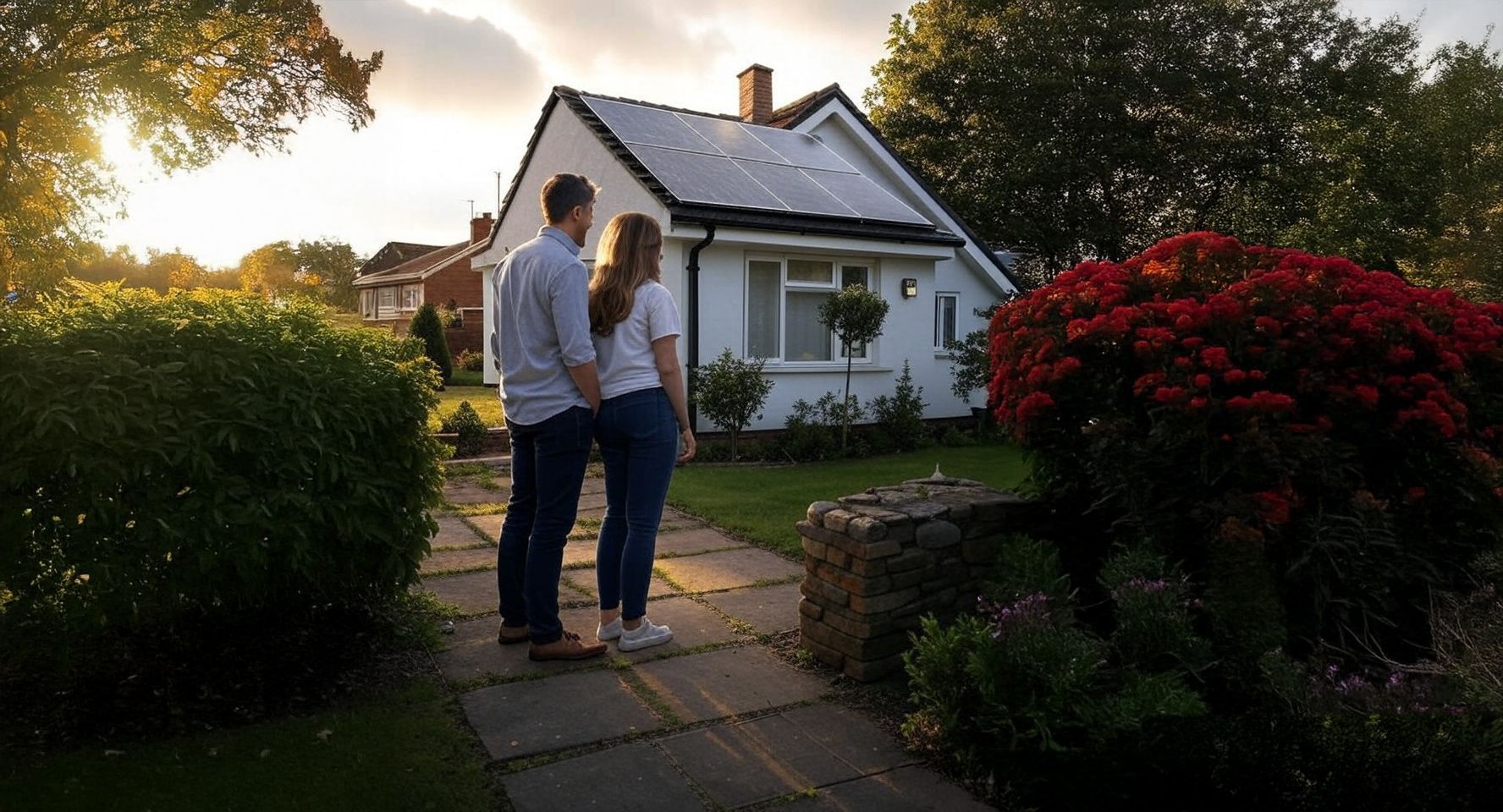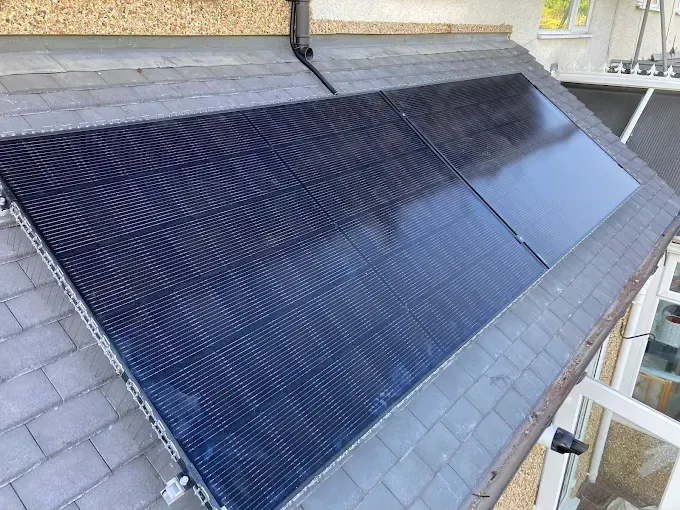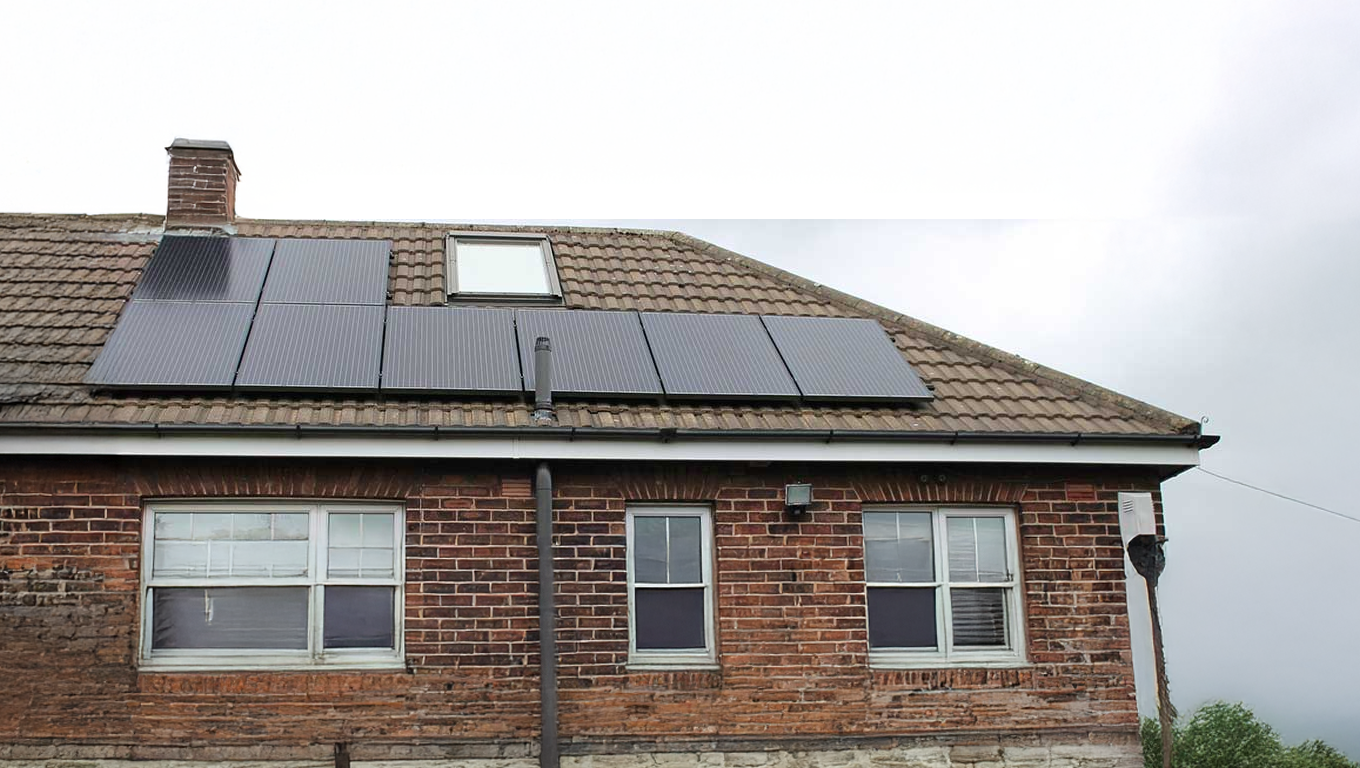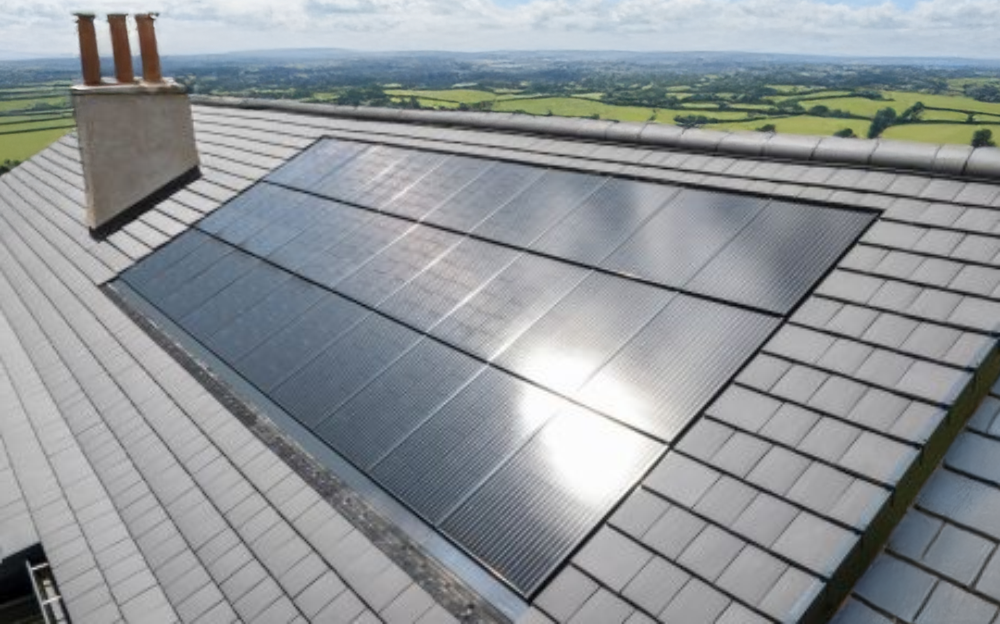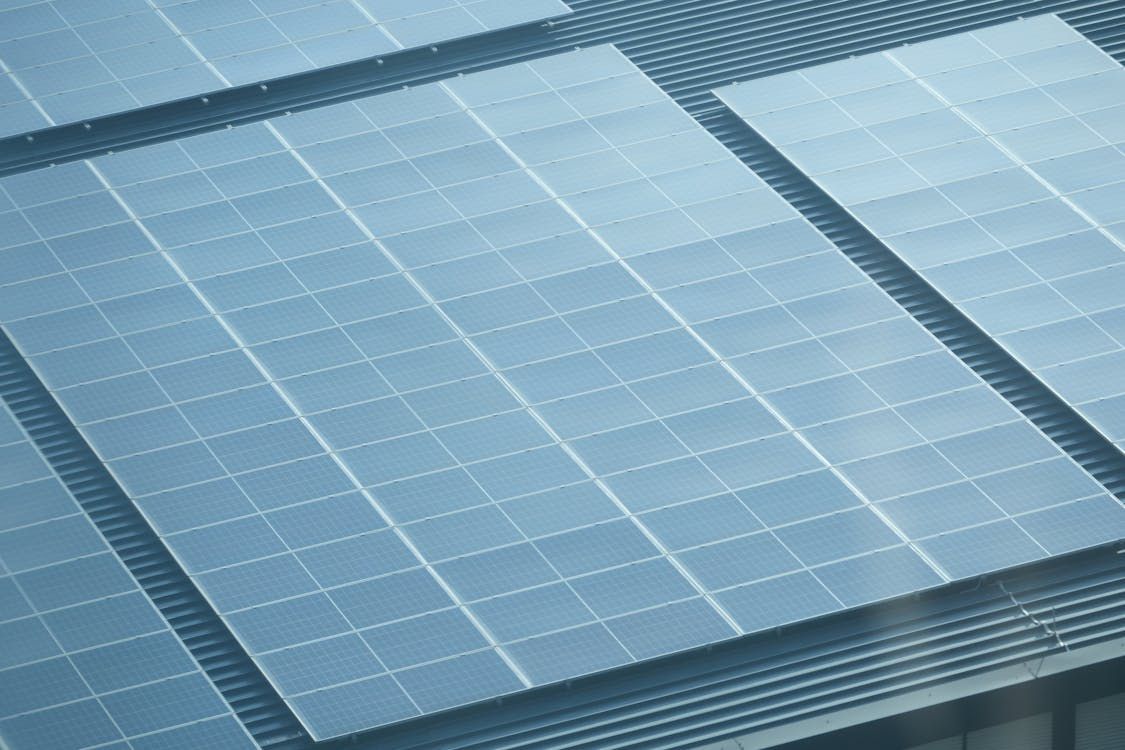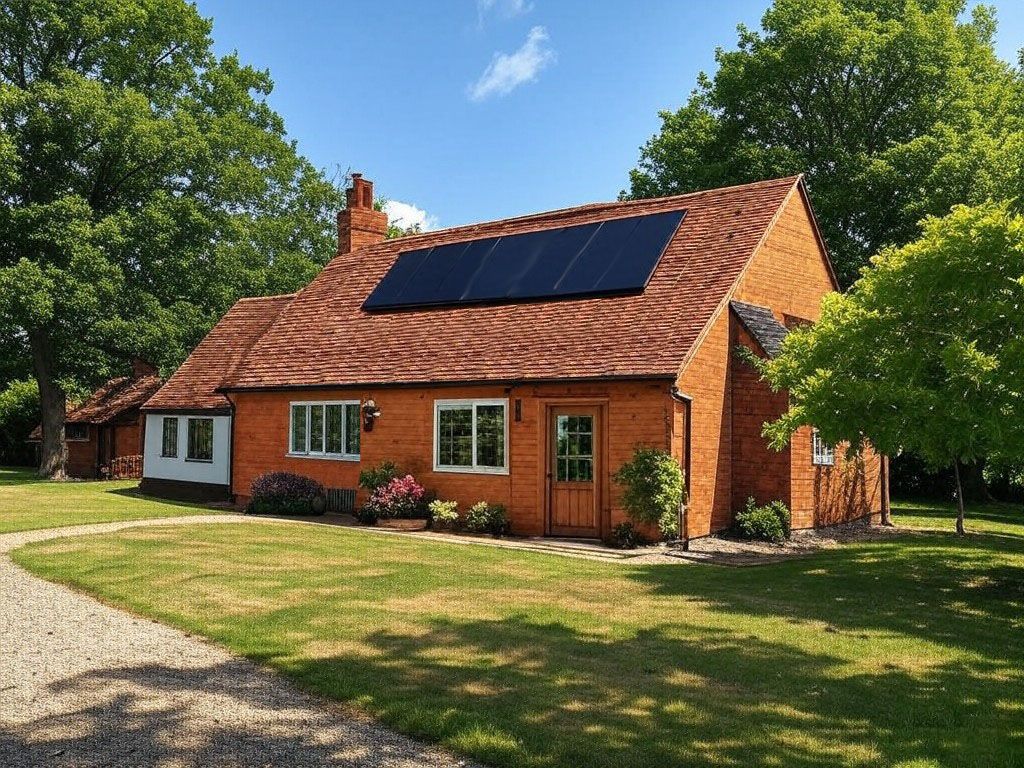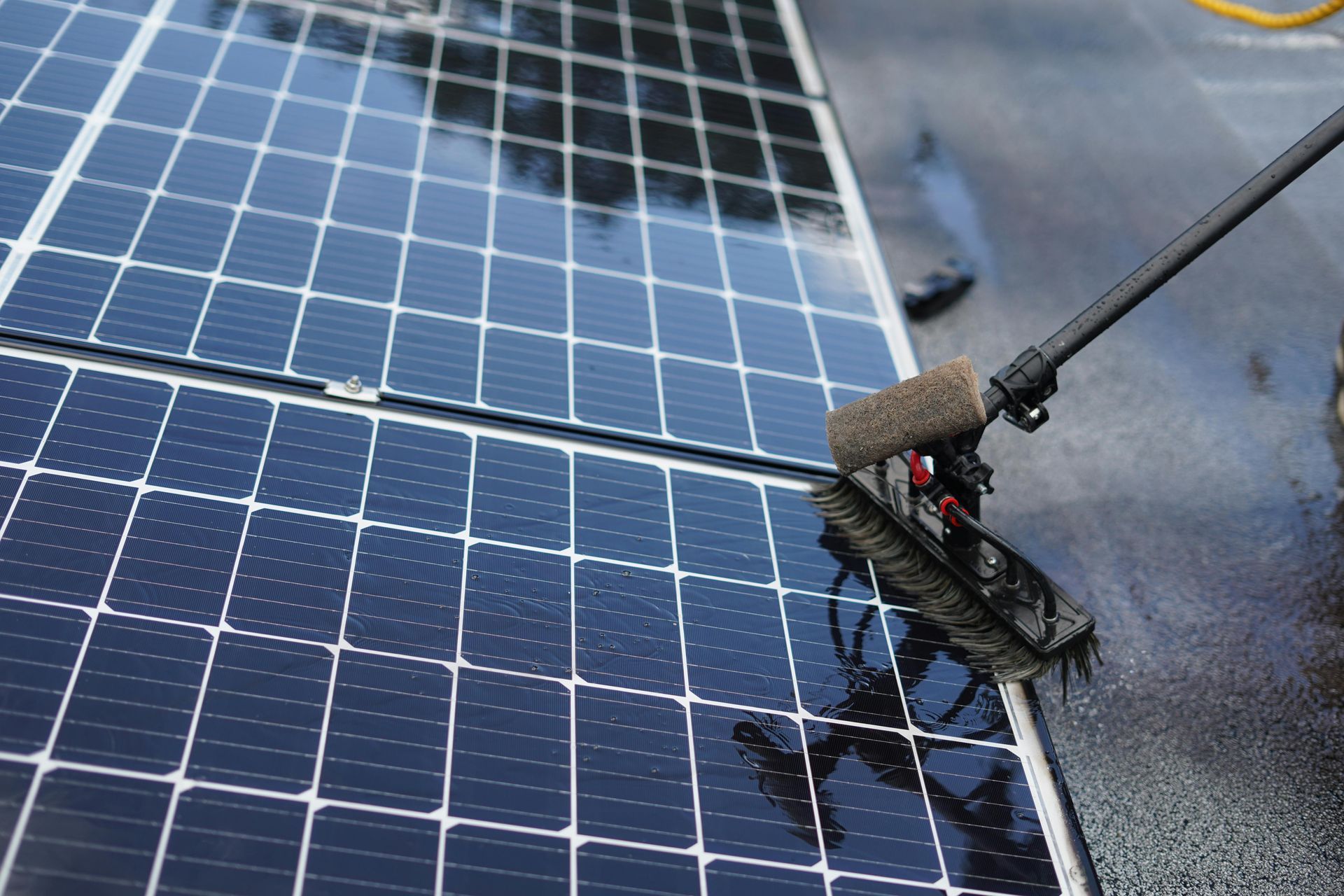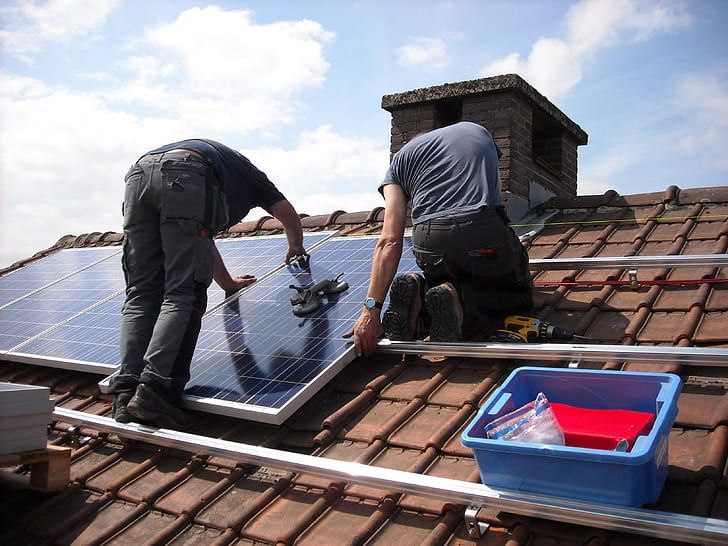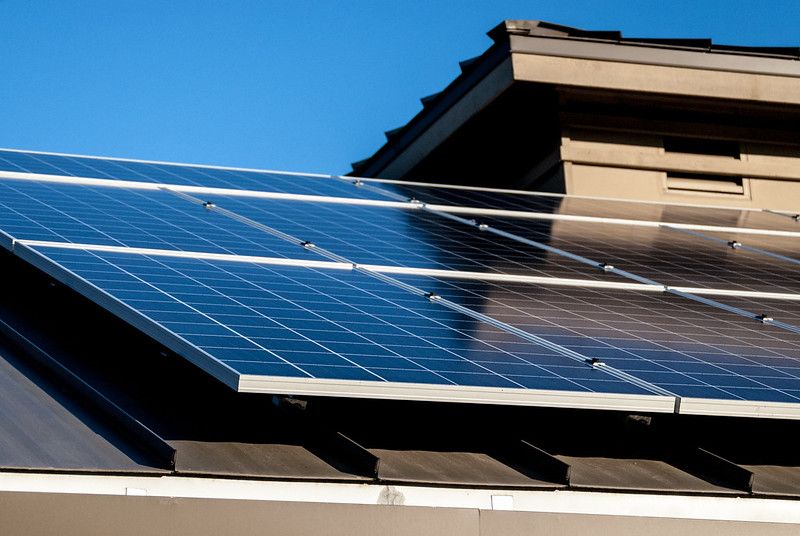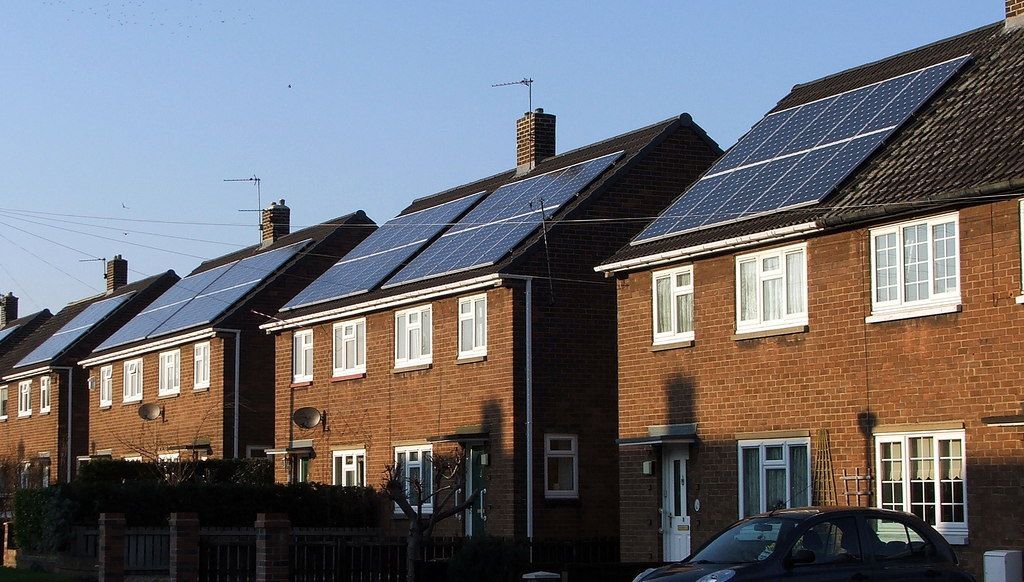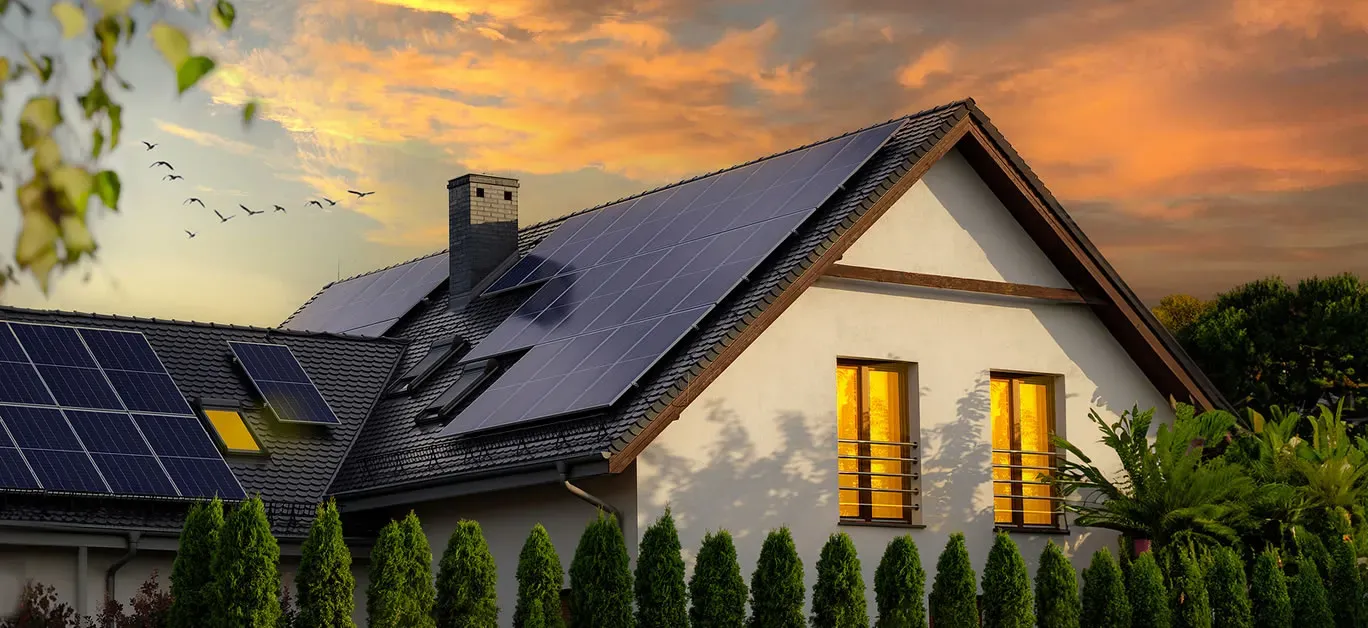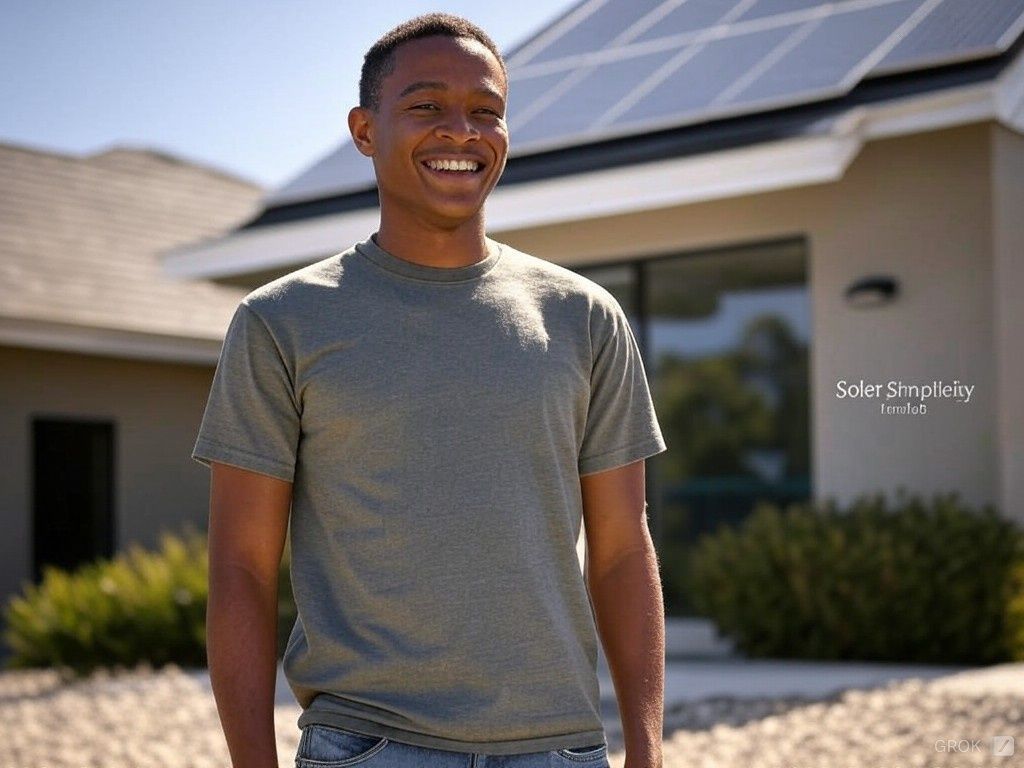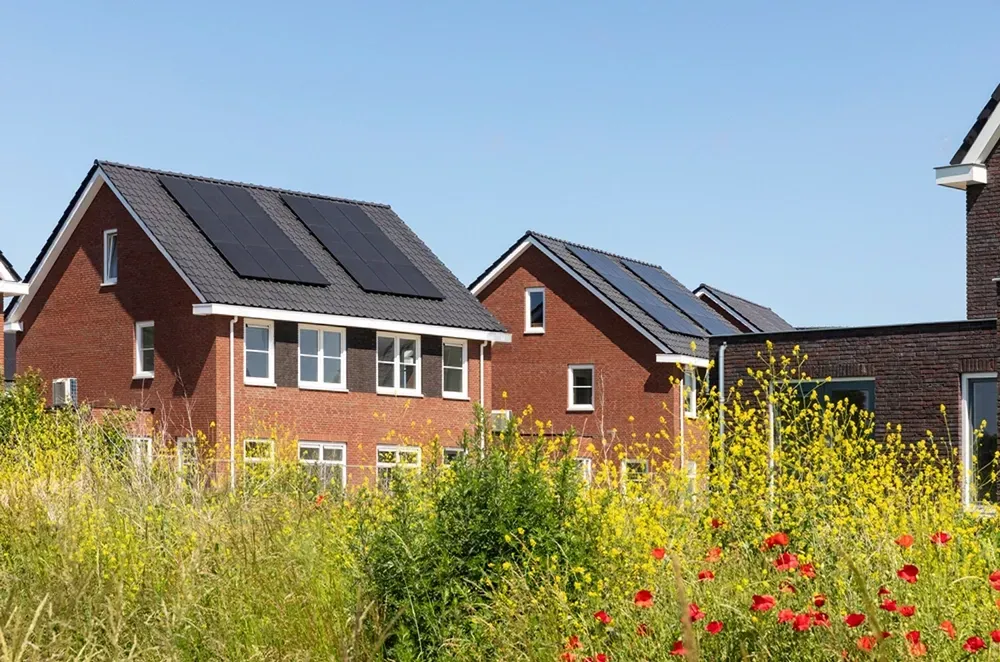Solar Panels: Cost, Energy & PV Panels Explained
Looking to Power Your Home with Solar Panels?
Transform your energy savings with high-quality solar panel installation! Enjoy lower bills, eco-friendly power, and reliable service tailored for your home. Start saving today!
As the world increasingly turns to renewable energy sources, solar panels have emerged as a leading solution for generating clean, sustainable electricity. This article delves into the mechanics of solar panels, their costs, benefits, and the various considerations involved in their installation. Understanding how solar panels work, their financial implications, and the environmental advantages they offer can empower homeowners to make informed decisions about their energy consumption.
How Do Solar Panels Work to Generate Electricity?
What are the basic components of a solar panel system?
A solar panel system is composed of several essential components that work together to convert sunlight into usable electricity. At the core are the photovoltaic (PV) panels, which contain solar cells made of semiconductor materials, typically silicon. These solar cells absorb sunlight and generate direct current (DC) electricity.
To convert this DC electricity into alternating current (AC) electricity, which is the form of electricity used in most homes, an inverter is utilised. Additionally, a solar panel system may include a battery storage system to store excess energy generated during peak sunlight hours for use during the night or on cloudy days.
Furthermore, solar installations often include a grid connection, allowing homeowners to export surplus energy back to the grid, providing additional savings on energy bills.
How do photovoltaic cells convert sunlight into electricity?
The process by which photovoltaic cells convert sunlight into electricity is fascinating and involves the photovoltaic effect.
When sunlight strikes the solar cells, it energises the electrons within the semiconductor material, causing them to become excited and move. This movement of electrons creates an electric current. The solar cells are designed with a positive and negative layer, which helps to create an electric field.
This electric field drives the electrons toward the circuit, generating electricity that can be harnessed for home energy needs. The efficiency of this conversion process is influenced by various factors, including the quality of the solar cells, the angle of the panels, and the intensity of the sunlight.
What factors affect the efficiency of solar panels?
The efficiency of solar panels is affected by several critical factors. One of the primary considerations is the type of solar cells used; monocrystalline panels, for example, typically offer higher efficiency rates than their polycrystalline counterparts.
Additionally, the orientation and tilt of the solar panels can significantly impact their performance. Panels that are installed at optimal angles to capture sunlight throughout the day tend to generate more electricity.
Environmental factors also play a role, such as shading from trees or buildings and the cleanliness of the panels themselves. Regular maintenance, including cleaning the panels to remove dust and debris, can help maintain high efficiency levels and ensure maximum electricity generation.
What is the Cost of Installing Solar Panels?
How much do solar panels cost on average?
The cost of solar panel installation can vary significantly based on several factors, including the size of the system, the type of solar panels chosen, and local market conditions.
On average, the installation cost for a solar system in the UK can range from £4,000 to £8,000, depending on the number of solar panels and the specific installation requirements.
Homeowners looking to get solar panels should also consider additional costs for inverters, battery storage systems, and any necessary electrical work.
Though the upfront costs can be substantial, many homeowners find that the long-term savings on energy bills and the potential for financial incentives make solar panel systems a worthwhile investment.
What are the installation costs for solar panels?
Installation costs for solar panels typically encompass both hardware and labor expenses. The hardware costs include the price of the solar panels, the inverter, and any necessary mounting equipment.
Labor costs can vary based on the complexity of the installation and the region in which the work is being done. It is crucial for homeowners to obtain quotes from multiple solar installation companies to ensure they receive the best possible price and service.
Moreover, many solar installation companies offer financing options that can help ease the burden of the initial investment, allowing homeowners to pay for their systems over time while still benefiting from reduced energy bills.
Are there any financial incentives for installing solar energy systems?
In the UK, there are several financial incentives available for homeowners considering solar panel installation. The UK government has implemented schemes such as the Smart Export Guarantee (SEG), which allows homeowners to receive payments for the surplus electricity they export back to the grid.
Additionally, certain areas may offer grants or subsidies that can significantly reduce the overall installation cost. Furthermore, the UK government has committed to promoting renewable energy sources, which could lead to further incentives in the future.
Homeowners should research available financial incentives carefully, as they can play a crucial role in offsetting the installation costs and enhancing the overall return on investment.
What Are the Benefits of Using Solar Energy?
How can solar panels reduce energy bills?
One of the most immediate benefits of installing solar panels is the potential for significant savings on energy bills.
By generating their own electricity, homeowners can reduce their reliance on the grid, leading to lower monthly bills. In many cases, solar panel systems can produce enough electricity to cover a substantial portion - or even all - of a household's energy needs.
Additionally, with the Smart Export Guarantee, homeowners can earn money by exporting excess electricity back to the grid, further enhancing their savings.
Over time, the cumulative savings from reduced energy costs can lead to a positive payback period, making solar energy a financially sound choice.
What environmental benefits do solar panels provide?
Solar panels contribute significantly to reducing carbon emissions and minimising a household's carbon footprint.
By harnessing the power of the sun, solar energy systems generate clean electricity without the harmful emissions associated with fossil fuels.
This transition to renewable energy helps combat climate change and reduces air pollution, making solar power an environmentally friendly choice.
Additionally, solar panels help conserve water, as traditional energy generation methods often require significant water usage for cooling and processing.
By choosing solar energy, homeowners can actively participate in the movement towards a more sustainable future.
How does solar energy contribute to renewable energy goals?
The adoption of solar energy is a critical component of global renewable energy goals aimed at reducing reliance on fossil fuels.
By investing in solar technology, homeowners not only benefit from reduced energy costs but also contribute to a broader shift towards sustainable energy practices.
As more households install solar panels, the demand for clean energy increases, encouraging further advancements in solar technology and infrastructure.
This collective effort supports national and international targets for renewable energy generation, helping to create a cleaner, greener planet for future generations.
What Types of Solar Panels Are Available?
What are the different types of solar panels?
There are primarily three types of solar panels available on the market today: monocrystalline, polycrystalline, and thin-film.
Monocrystalline panels are known for their high efficiency and longevity, making them a popular choice for homeowners with limited roof space.
Polycrystalline panels, while slightly less efficient, are often more affordable and can be an excellent option for those looking for a budget-friendly alternative.
Thin-film panels are lightweight and flexible, offering versatility in installation but generally lower efficiency levels.
Understanding the differences between these types can help homeowners choose the best solar panel for their specific needs and circumstances.
How do I choose the most suitable solar panel for my home?
Choosing the most suitable solar panel for a home involves considering several key factors, including efficiency, cost, warranty, and available space.
Homeowners should assess their energy needs and determine how much electricity they aim to generate. Additionally, evaluating the quality and reputation of different solar panel brands can provide insights into their performance and durability.
It's also wise to consider the installation company’s experience and certifications, such as MCS certification in the UK, which guarantees the quality of the installation. By carefully weighing these factors, homeowners can make informed decisions that align with their energy goals and budget.
What is the difference between monocrystalline and polycrystalline solar panels?
The primary difference between monocrystalline and polycrystalline solar panels lies in their manufacturing process and efficiency levels.
Monocrystalline panels are made from a single crystal structure, which allows for higher efficiency rates and better performance in low-light conditions. These panels tend to have a longer lifespan and are more space-efficient, making them ideal for smaller roofs.
On the other hand, polycrystalline panels are produced from multiple silicon crystals, which results in a lower efficiency rate. However, they are typically less expensive and can be a cost-effective solution for homeowners with adequate roof space.
Both types of solar panels have their advantages and drawbacks, and the choice ultimately depends on individual needs and preferences.
What Should I Consider Before Installing Solar Panels?
Do I need planning permission to install solar panels?
In many cases, homeowners do not need planning permission to install solar panels, particularly if they are installed on the roof of a house. However, regulations can vary by region, and certain circumstances may require permission, such as installing solar panels on listed buildings or in conservation areas. It is essential for homeowners to check with their local planning authority to understand the specific requirements in their area before proceeding with solar panel installation. This step can help avoid potential legal issues and ensure compliance with local regulations.
What maintenance is required for solar panel systems?
Maintenance for solar panel systems is generally minimal, making them an attractive option for homeowners. Regular inspections are recommended to ensure that the panels are clean and free from debris that could hinder their performance.
In most cases, rainwater is sufficient to clean the panels, but in areas with less rainfall or significant dust accumulation, manual cleaning may be necessary.
Additionally, homeowners should monitor their solar energy system's performance to identify any potential issues early on. If the system includes battery storage, regular checks on the batteries' condition and performance are also advisable to ensure optimal energy generation and storage.
How do battery storage systems work with solar energy?
Battery storage systems play a crucial role in maximising the benefits of solar energy by storing excess electricity generated during sunny periods for later use.
When solar panels generate more electricity than the home requires, the surplus energy can be directed to charge the batteries. This stored energy can then be used during times when solar generation is low, such as at night or during cloudy weather.
By integrating a battery storage system with solar panels, homeowners can achieve greater energy independence, lower their reliance on the grid, and enhance their overall savings on energy bills.
Additionally, battery systems can provide backup power during outages, further increasing their value for homeowners.
Q: What are the initial costs to get solar panels installed?
A: The initial cost of solar panel installation can vary widely depending on the size of the solar pv system you choose, the type of solar panels you buy, and your location.
In the UK, the average cost can range from £5,000 to £8,000 for a typical home solar installation.
Q: How much savings can I expect from installing solar panels?
A: The savings from solar panels depend on several factors, including your energy consumption, the size of your solar array, and the amount of sunlight your location receives.
Many homeowners report savings of 20-50% on their electricity bills after installing a solar pv system.
Q: What are the benefits of solar panels for my home?
A: The benefits of solar panels include reduced electricity bills, increased property value, a lower carbon footprint, and potential government incentives.
Additionally, solar panels can provide energy independence and protection against rising energy prices.
Q: Are my roof and location suitable for solar panel installation?
A: Most roofs can accommodate solar panels, but factors such as roof orientation, shading from trees or buildings, and structural integrity must be evaluated.
A solar energy company can conduct an assessment to determine if your home is suitable for solar.
Q: How do solar panels generate electricity?
A: Solar panels generate electricity by capturing sunlight using photovoltaic (pv) cells. These cells convert sunlight into direct current (DC) electricity, which is then converted to alternating current (AC) electricity by a solar inverter for use in your home.
Q: What happens to excess solar energy generated by my panels?
A: Excess solar energy can either be stored in solar batteries for later use or sent back to the grid, depending on your system setup.
If you have a diverter installed, excess energy can also be used to heat water in a tank, maximising your energy savings.
Q: Can I buy solar panels without installing a complete solar pv system?
A: While you can buy solar panels separately, they are typically part of a complete solar pv system that includes inverters, mounting hardware, and other components necessary for installation. It's recommended to consult with a professional for the best results.
Q: How does the solar installation process work?
A: The solar installation process generally involves an initial consultation, site assessment, design of the solar pv system, obtaining necessary permits, installation of the panels on your roof, and final inspections to ensure everything is functioning properly.
Q: What should I consider when installing solar panels in the UK?
A: When installing solar panels in the UK, consider the available sunlight, your roof's orientation and pitch, local regulations, and potential grants or subsidies. Additionally, look into the range of solar panel options and their efficiency ratings to find the best fit for your needs.
Solar Simplicity
Clean, Green Energy Solutions!
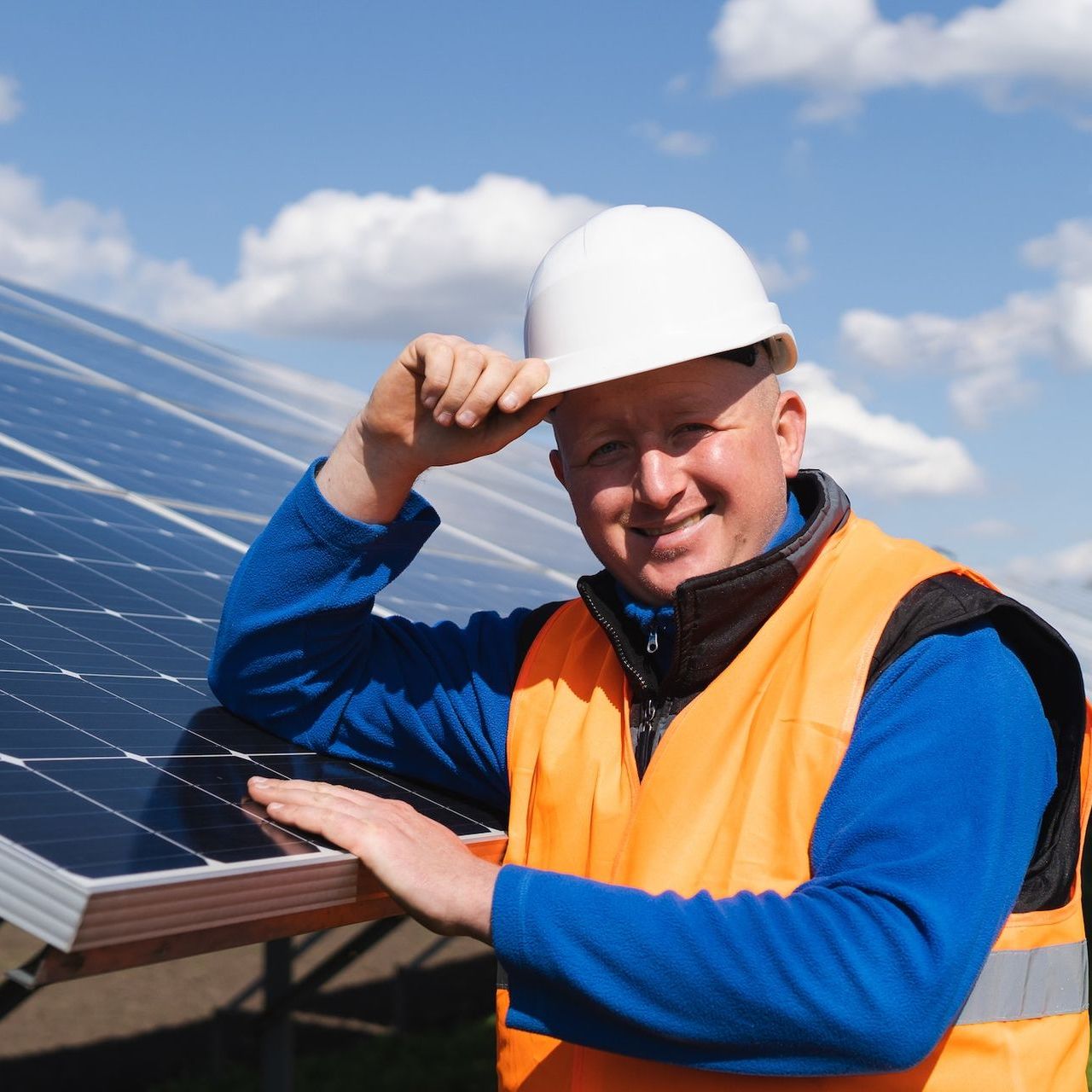
Professional solar panel installers in the UK, offering high-quality, affordable installations.
Save up to 90% on your electricity bills!
